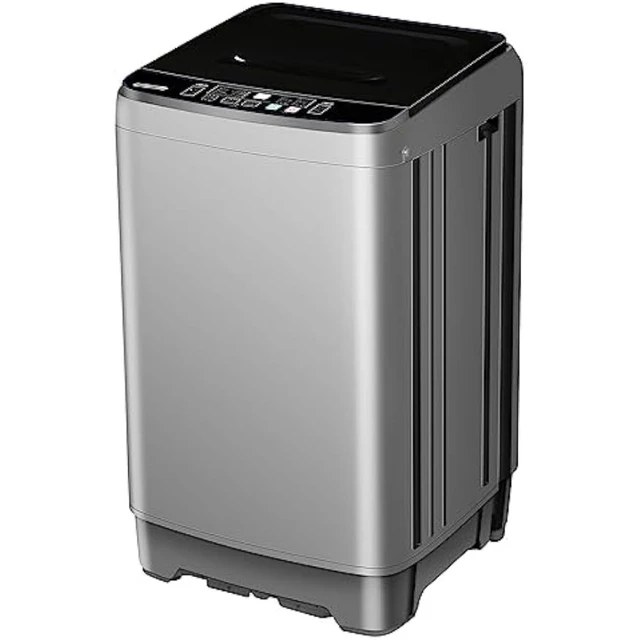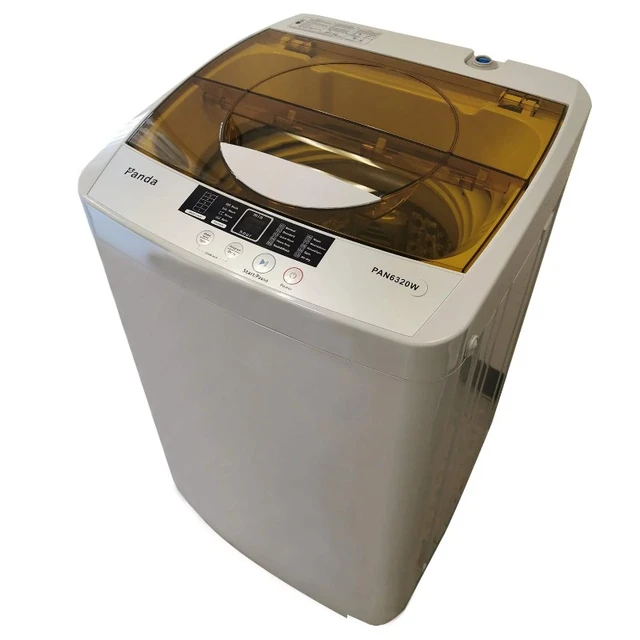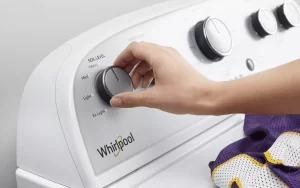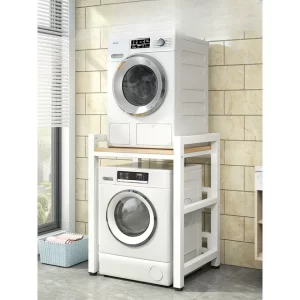Identifying and Resolving a Burning Smell from Washing Machine
Introduction: Recognizing the Significance of a Burning Smell
A burning smell from your washing machine can be alarming, requiring immediate attention to ensure safety and proper functioning. In this guide, we’ll explore the causes, risks, and step-by-step solutions to resolve the issue and prevent future occurrences.

Identifying and Resolving a Burning Smell from Your Washing Machine
-
The Importance of Addressing a Burning Smell
a. Recognizing abnormal odors: A burning smell from your washing machine is not normal and is typically a sign of an underlying issue. Ignoring or dismissing the smell can lead to further damage, potential safety hazards, and costly repairs.
b. Potential risks: A burning smell may indicate overheating, electrical malfunctions, or issues with various components of the washing machine. These issues have the potential to cause electrical fires, damage to the appliance, or even harm to your home and occupants if left unaddressed.
-
Potential Causes of a Burning Smell
a. Overloaded drum or excessive friction: Overloading the washing machine or cramming in large items may cause excessive friction between the laundry and the drum. This friction can generate heat and result in a burning smell.
b. Malfunctioning motor or belt: A burning smell can indicate issues with the washing machine’s motor or belt. Over time, worn-out motor bearings or a loose or damaged belt can create friction, leading to excessive heat and the characteristic burning odor.
c. Clogged or damaged drain pump: A clogged or malfunctioning drain pump can cause the motor to work harder, potentially overheating and emitting a burning smell. This issue is more common in front-loading machines.

-
Troubleshooting and Resolving the Burning Smell
a. Power off and unplug the machine: If you notice a burning smell, the first step is to immediately power off and unplug the washing machine to prevent further damage or potential hazards.
b. Assess the drum load: Check if you have overloaded the washing machine or if the laundry inside is causing excessive friction against the drum. Remove any oversized or tightly packed items.
c. Inspect the drum and agitator: Look for any foreign objects, such as loose change or small items, that may have fallen into the drum or become lodged between the drum and the agitator. Remove any obstructions that could be causing the burning smell.
d. Check the motor and belt: Inspect the motor and belt for signs of wear, damage, or misalignment. If you notice any abnormalities or loose components, it is recommended to contact a qualified technician for further examination and potential repairs.
e. Clean or repair the drain pump: If you suspect a clogged or damaged drain pump, consult the washing machine’s user manual for instructions on how to access and clean the pump. Alternatively, schedule a professional servicing to address any underlying issues with the drain pump.
f. Schedule professional servicing: If the burning smell persists or you are unable to identify the cause, it is advisable to contact a reputable appliance repair technician for a thorough inspection. They will have the expertise to diagnose and repair any electrical or mechanical problems.

-
Preventive Maintenance and Safety Measures
a. Follow manufacturer guidelines: Adhere to the washing machine manufacturer’s guidelines regarding load capacity, detergent usage, and maintenance procedures. These guidelines are designed to ensure proper operation and minimize the risk of malfunctions.
b. Regularly clean the machine: Keep the washing machine clean and free from detergent residue, lint, and debris. Clean the drum, detergent dispenser, and filters regularly according to the manufacturer’s instructions.
c. Inspect electrical connections: Periodically check the power cord, plug, and electrical connections of the washing machine for signs of wear, damage, or loose connections. If any issues are detected, consult a certified electrician to address them.
d. Proper ventilation: Ensure that the washing machine is installed in a well-ventilated area. Adequate airflow prevents the buildup of heat and helps dissipate any odors that may arise from normal machine operation.

-
Tips for Safe Operation and Maintenance
a. Regularly check for unusual odors: Even after resolving the burning smell issue, it is essential to remain vigilant and regularly check for any unusual odors coming from your washing machine. This can help you quickly identify and address any potential issues before they escalate.
b. Use proper detergents and additives: Follow the manufacturer’s recommendations regarding the type and amount of detergent and additives to use in your washing machine. Using excessive amounts or incompatible products may lead to chemical reactions or buildup, resulting in unpleasant odors and potential damage.
c. Avoid leaving damp laundry in the machine: Don’t leave damp laundry in the machine. Remove it promptly after the wash cycle and let it air dry. Damp clothes in the drum can create a mold-friendly environment, causing unpleasant odors.
d. Conduct periodic machine cleaning cycles: Run regular cleaning cycles to remove any residual detergent, lint, or other buildup that may accumulate over time. Refer to the manufacturer’s guidelines for specific instructions on cleaning cycles for your washing machine model.
-
When to Seek Professional Help
a. Persistent or recurring burning smell: If you continue to experience a burning smell from your washing machine, despite taking the troubleshooting steps mentioned earlier, it is best to seek the assistance of a qualified appliance repair technician. They can conduct a more thorough inspection, identify the underlying cause, and perform the necessary repairs.
b. Electrical or wiring issues: If you suspect an electrical problem, such as loose connections or faulty wiring, it is crucial to engage the services of a certified electrician or authorized technician to address the issue. Electrical repairs should always be performed by a trained professional to ensure safety.
c. Avoid using the machine: While troubleshooting or awaiting repairs, refrain from using the washing machine to prevent further damage or potential hazards. Unplug the machine from the power source and keep it disconnected until the issue is resolved.

Conclusion: Addressing and Preventing a Burning Smell
A burning smell from your washing machine should never be ignored. It can indicate underlying issues that pose safety risks and may require expensive repairs. Promptly addressing potential causes like overloaded drums, motor malfunctions, clogged drain pumps, or electrical problems ensures safe operation of your appliance.

